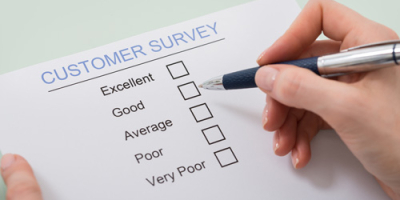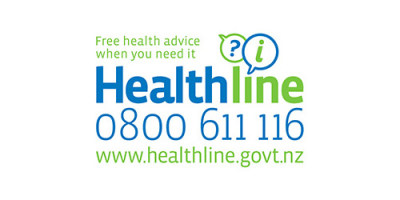Chief Medical Officer Dr Nick Baker: Masks Matter as Hospitalisations Rise
It is widely acknowledged that the health care system is facing several challenges this winter. In addition to a spike in COVID-19 cases and hospitalisations, we are experiencing our flu season along with a general upswing in respiratory viruses. The associated staff absences are putting health workers and the whole health system under extreme pressure.
People over 70: underrepresented in case numbers, overrepresented in hospitalisations
Throughout the Omicron outbreak in New Zealand, the majority of cases have been in those under 60, but more recently we are seeing a shift: cases are increasing in the over-70 population. What’s more, though this age group is still a minority of cases, they are disproportionately represented in hospitalisation figures. Between significant staff sickness in the younger population and significant hospitalisation in the older population, it is no surprise that we are seeing an increasing workload across the whole system.
Nelson Marlborough experienced the highest COVID case peak in March, followed by a drop and then another peak in July as winter began in earnest. Though Nelson Marlborough’s current peak of case numbers appears to be dropping, Nelson and Wairau Hospitals’ hospitalisation numbers are rising as the burden of COVID-19 shifts to older age groups. A steady (or even a slightly declining) number of cases in the community has a great impact on our aged population.
We have no space for complacency across our communities
At this stage there has been a delay in the arrival of RSV across the country. I like to think that our background level of mask-wearing, hand-washing, and keeping your distance if unwell is making life hard for RSV, and our flu peak has begun to fade away faster than expected.
A very high level of prevention will be required to protect our vulnerable people as the highly contagious BA.5 becomes the dominant strain in New Zealand.
Omicron BA.5: Reinfections will become routine
Quite quickly Omicron BA.5 has become the most common strain within New Zealand. It has competed successfully because it spreads really well.
Unfortunately, BA.5 doesn’t care that you just had COVID from a different strain. The immunity an earlier strain of COVID imparted does not protect against the current strain going around. This is because BA.5 has changes to the spike protein which can dodge our immune system, and it is better at sticking to cells and spreading.
A recommitment to prevention in the face of complacency is key
The BA.5 variant is cause for concern but not alarm. There is no increase in the severity of illness and the vaccine continues to protect against severe infections. However, as this strain is highly contagious it will lead to more workplace absences and continuing high hospitalisation rates for those over 70, it is a reason to recommit to basic precautions in the community.
Everyone is absolutely fed up with COVID, but this is not the time to relax. Our basic prevention remains critical: get vaccinated, wear a mask in many indoor settings, and isolate when sick to slow the spread of the virus over the remaining winter months. These are key steps to making life hard for this new strain. 
Mask wearing in particular has seen a lot of complacency recently but it is important to remember that wearing masks can reduce new cases of the virus by as much as 53%. Reaching even a portion of that level of reduction would have a huge impact on rates of infection, staff sickness, and hospitalisation rates for those over 70.
Some people have questioned why masks are not compulsory in bars and restaurants while they are in supermarkets. The simple answer is that supermarkets themselves are “compulsory” in that even our most vulnerable go to supermarkets. Hospitality settings are “voluntary” so a higher level of risk can be tolerated. Rigid mask use to protect others is a minimum effort in places like supermarkets.
Free RATs and masks are available – you don’t need to be unwell to access them
RATs and masks are widely available. There is no criteria, you don’t need to be unwell or have symptoms. Anyone who needs RATs or masks can collect a free pack for you and your whānau from a community collection site. Search for one near you on Healthpoint.co.nz. Or, you live in a rural area, call 0800 222 478 and press 3 to discuss delivery to your postal address.





